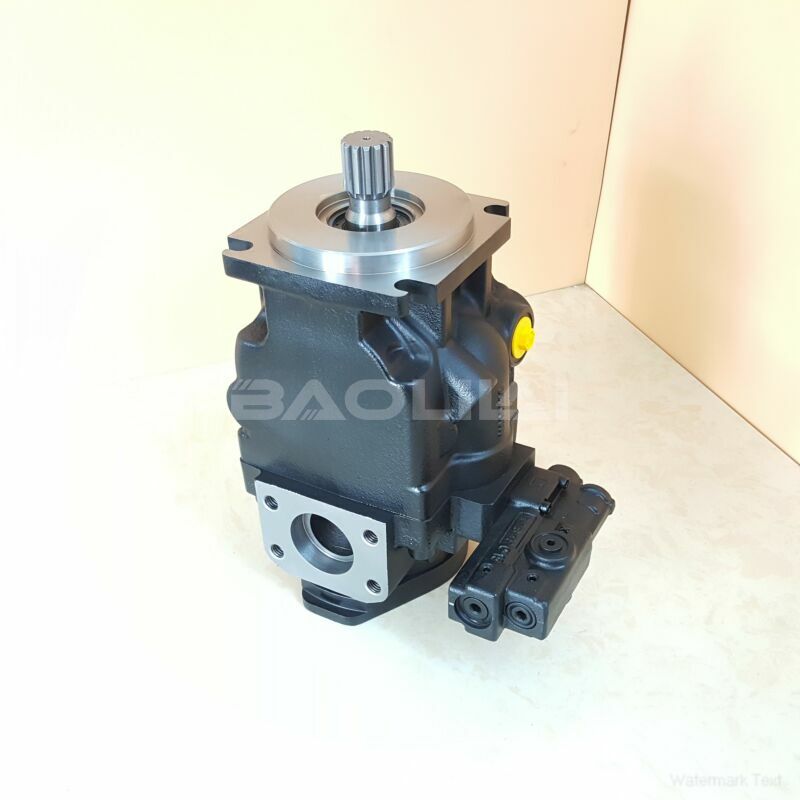JRRS75CLS2120NNN3C2AEA8NNNNJJJNNN hydraulic pump
JRRS75CLS2120NNN3C2AEA8NNNNJJJNNN hydraulic pump

- Product Details
- Applicable Scene
Hydraulic pumps play a crucial role in the oil drilling and exploration industry, serving as an essential component in various hydraulic systems employed in drilling rigs and exploratory equipment. Their primary function is to convert mechanical energy into hydraulic energy, enabling the efficient transmission of power through fluids. This article examines the significance of hydraulic pumps in oil drilling and exploration, exploring their types, applications, and benefits.
JR-R-S75C-LS-21-20-NN-N-3-C2AE-A8N-NNN-JJJ-NNN
JRRS75CLS2120NNN3C2AEA8NNNNJJJNNN
The oil and gas industry is characterized by its complex operational environment, where high pressures and variable fluid dynamics require reliable and efficient machinery. Hydraulic pumps are utilized to perform a variety of functions, including powering drilling rigs, operating hydraulic motors, and controlling blowout preventers, among others. The ability to generate high pressures and deliver fluid power smoothly positions hydraulic pumps as a vital element in the success of drilling operations.

83025926
There are several types of hydraulic pumps used in this industry, primarily categorized into gear pumps, piston pumps, and vane pumps.
Gear Pumps: These pumps are widely used for their simplicity and reliability. They operate using the meshing of gears to transfer fluid and can handle a variety of viscous fluids common in oil applications. Their robust design ensures they can perform effectively in adverse environmental conditions.
Piston Pumps: Known for their high efficiency and capability to generate significant pressure, piston pumps are ideal for deep well drilling applications where high energies are required. They can handle varying flow rates and are suitable for both high and low viscosity fluids.





